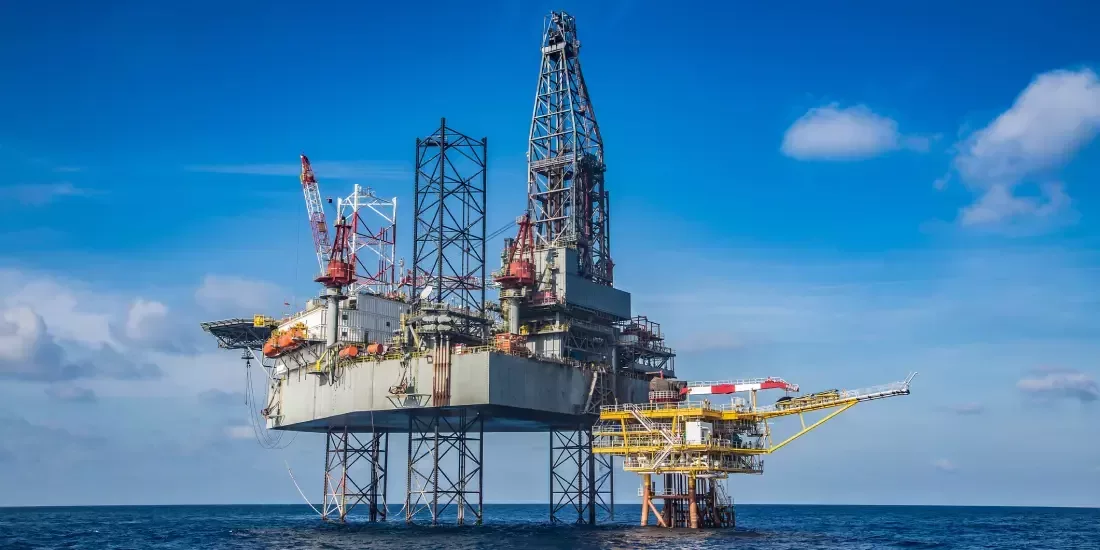Reducing Fossil Fuels Will Not Impact General Public

A rapid scaling back of fossil fuel use and assets is recommended by environmentalists and scientists alike, especially if we are to mitigate the worst effects of climate change. A recent study has revealed that were this to happen, it wouldn’t be as much of a financial disaster as some have made it out to be.
Some die-hard fossil fuel fans who have money in the game are quick to defend their use, arguing that a rapid scaling back of natural gas and oil would severely impact the public. They believe that people’s savings and pensions would be hit hard and that it would cause a downturn to the economy. A new study, however, dissolves this theory entirely.
The assets of fossil fuel companies (if rapidly scaled back) would not have much impact on the general public. These stranded assets, although billions of pounds’ worth, would not affect the lives of the everyday person. Instead, it’s usually only the extremely wealthy that would be impacted.
This study, published in the scientific journal Joule, discovered that in any high income country where fossil fuels would be rapidly scaled back, the wealthiest 10% would take ⅔ of the impact. Anyone on a lower or middle level of income could be compensated by the government as the impact to them would be minimal in comparison.
Analysis in America found that of the ⅔ of the financial losses of the top 10%, half of this would impact the richest 1%. This is simply because of how wealthy people invest in a wide range of places. Despite the lost assets, this would only amount to less than 1% of their total wealth. Only 3.5% of the general population in America would be impacted by this loss of assets.
Similar results were found in this study when applied to the UK and other European countries. Although there will be a risk in regards to wealth loss, either in retirement pots or savings, this won’t be expensive in wealthier countries for their governments to bail them out. In this way alone, rapidly expanding on renewable or low carbon alternatives is much more affordable than originally thought.
It’s imperative that countries don’t permit new oil and gas licences and start to scale back on the investment that they receive. Even though the rich want to get richer because the returns on energy are guaranteed, a line needs to be drawn if any climate targets or net zero pledges are to be met. Without them, what’s the point in making promises that a country refuses to progress towards?
As this study highlights, the economic impact would be minimal. At some point in the future, humanity will no longer rely on oil and gas as a fuel source, so is waiting the best policy? Change needs to happen regardless, and as almost only the wealthiest will be impacted, what’s the issue? To the layman, who hasn’t got millions of pounds in investments and who elects other people to run the country, what difference is it to them if MPs and the rich elite miss out?
Do you feel like reducing fossil fuel use and impacting the elite's profits even more? Install solar panels on your property to cut your dependence on the grid.
